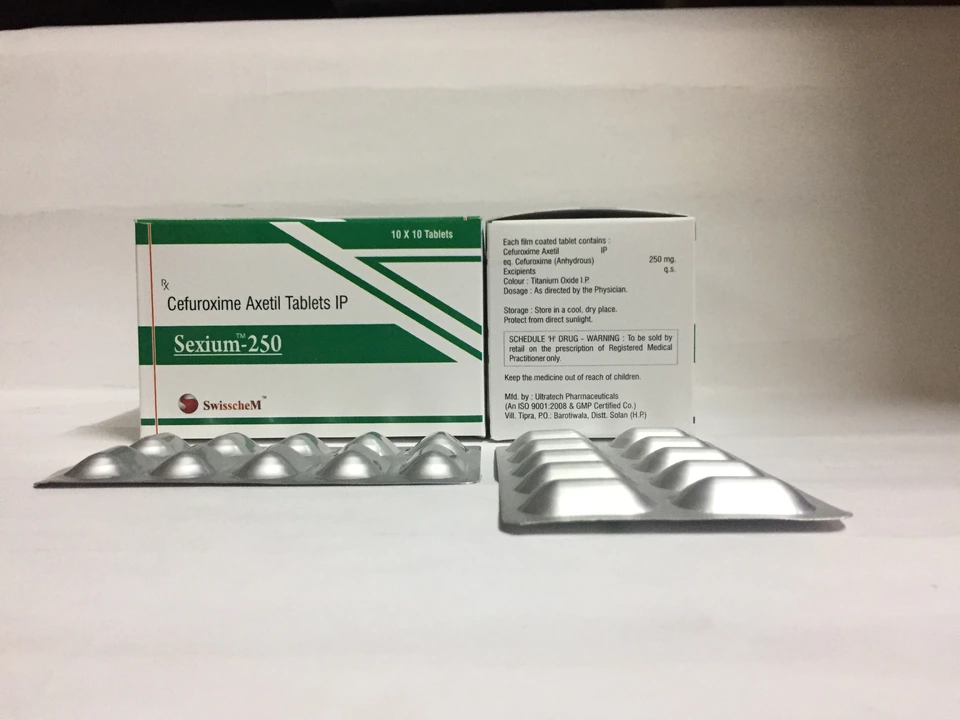Gut Health Basics – Simple Steps to Improve Your Digestion
If you’re tired of bloating, irregular bathroom trips, or low energy, the problem often starts in your gut. A healthy gut does more than just process food; it helps balance hormones, supports immunity, and even affects mood. The good news is that you can make noticeable changes with everyday habits—no fancy diets or expensive tests required.
Why Gut Health Matters
Your intestines are home to trillions of microbes, collectively called the microbiome. These tiny partners break down fiber, create vitamins, and keep harmful bacteria in check. When the balance shifts, you may notice gas, constipation, or sudden cravings for sugary snacks. Studies show that a diverse microbiome is linked to better weight management and lower inflammation, which means fewer joint aches and clearer skin.
Beyond physical signs, gut health influences brain chemistry through the gut‑brain axis. That’s why a upset stomach can feel like a bad mood, and vice versa. Keeping your gut stable gives you steadier energy levels throughout the day.
Everyday Habits That Support Your Gut
1. Load up on fiber. Aim for 25‑30 grams daily from sources like oats, beans, berries, and leafy greens. Fiber feeds beneficial bacteria, turning them into short‑chain fatty acids that protect the gut lining.
2. Stay hydrated. Water helps move food through the digestive tract and prevents constipation. A good rule is to drink enough so your urine stays light yellow.
3. Choose probiotic foods. Yogurt with live cultures, kefir, sauerkraut, and kimchi introduce helpful strains directly into your system. If you prefer pills, look for a supplement that lists multiple species and at least 10 billion CFU per serving.
4. Limit processed sugars and artificial sweeteners. They can feed bad bacteria and cause inflammation. Replace sugary drinks with plain water or herbal tea, and save candy for occasional treats.
5. Manage stress. Chronic stress releases cortisol, which can disrupt gut motility and increase leaky‑gut risk. Simple practices—deep breathing, short walks, or a 10‑minute meditation—can lower stress hormones quickly.
6. Get enough sleep. Aim for 7‑8 hours of uninterrupted rest. Poor sleep alters the microbiome’s composition and reduces gut barrier function.
7. Move your body. Regular activity, even a brisk 20‑minute walk, stimulates intestinal muscles and promotes regular bowel movements.
Putting these habits together creates a solid foundation for gut health. You don’t need to overhaul your life overnight; start with one change—like adding a serving of fermented food each day—and build from there.
If you’re already dealing with specific issues such as IBS or frequent heartburn, consider keeping a food journal. Write down what you eat and how you feel for two weeks. Patterns often emerge, helping you pinpoint triggers faster than guessing.
Remember, gut health is a long‑term game. Consistency beats quick fixes every time. By feeding your microbiome, staying hydrated, managing stress, and moving regularly, you give your digestive system the best chance to work smoothly. The result? Less bloating, steadier energy, clearer skin, and a happier mood—all without complicated diets or pricey supplements.
Ready to put these tips into action? Pick one habit today, track how you feel, and watch your gut thank you.




